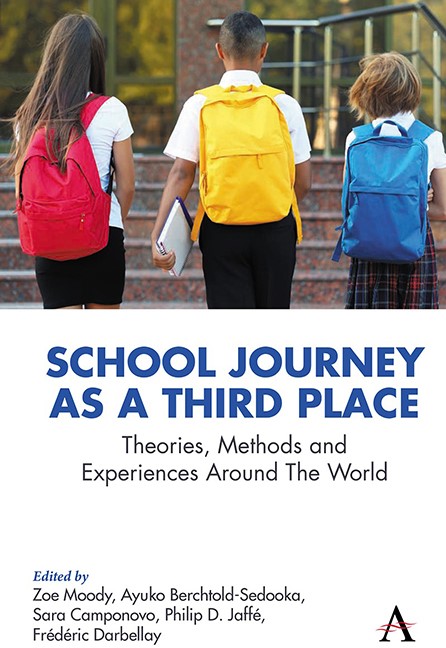Chapter 2 - Walking through Mundane Landscapes: Children’s Experience of Place during the School Journey
Published online by Cambridge University Press: 14 November 2023
Summary
Introduction
In an increasingly hectic world, the places children move through as part of their everyday geographies become more and more important. The school journey is particularly interesting from this perspective as it serves as an entry point to children’s mundane geographies and reveals the specific contexts in which children live their lives. How children get to school, whether they are able to walk on their own or are taken by car as well as the design of the neighbourhood shape how children can engage with their community.
This chapter focuses on children who walk to school. It highlights that what might seem as a rather unremarkable everyday walk to school has substantial meaning and affects identity processes, belonging and relationship to place through the many entanglements that occur between the child and place. The text is based on fieldwork performed in Stockholm, Sweden, and draws on several research projects on children’s environments and participation in urban planning (Cele 2006, 2015, 2019). This contribution focuses on children who walk unaccompanied by adults in urban environments. The interest of this study lies in the fact that if children can move around on their own, they are autonomous in their social and environmental relationships, which shape their identity, their relationships with place and their understanding of the world.
This text focuses on how the school journey provides an excellent opportunity to engage with the local environment. The three concepts encounters, interactions and relationships are central to the chapter. These concepts are a starting point for describing how place experiences unfold during children’s walks to school. While walking the environment presents itself to the child through various encounters that can be social, material or sensory. Through these encounters, some of which are transient whereas others are more important, the child interacts with the surrounding world. The concept of interaction stresses the importance of a physical and embodied meeting between the child and place. Through this interaction, relationships are formed with the material world, the people, the community as well as with plants and animals. Some of these relationships are physical interactions or social encounters, but it is important to recognise that some of these relationships partly take place within the child.
- Type
- Chapter
- Information
- School Journey as a Third PlaceTheories, Methods and Experiences around the World, pp. 37 - 56Publisher: Anthem PressPrint publication year: 2023



